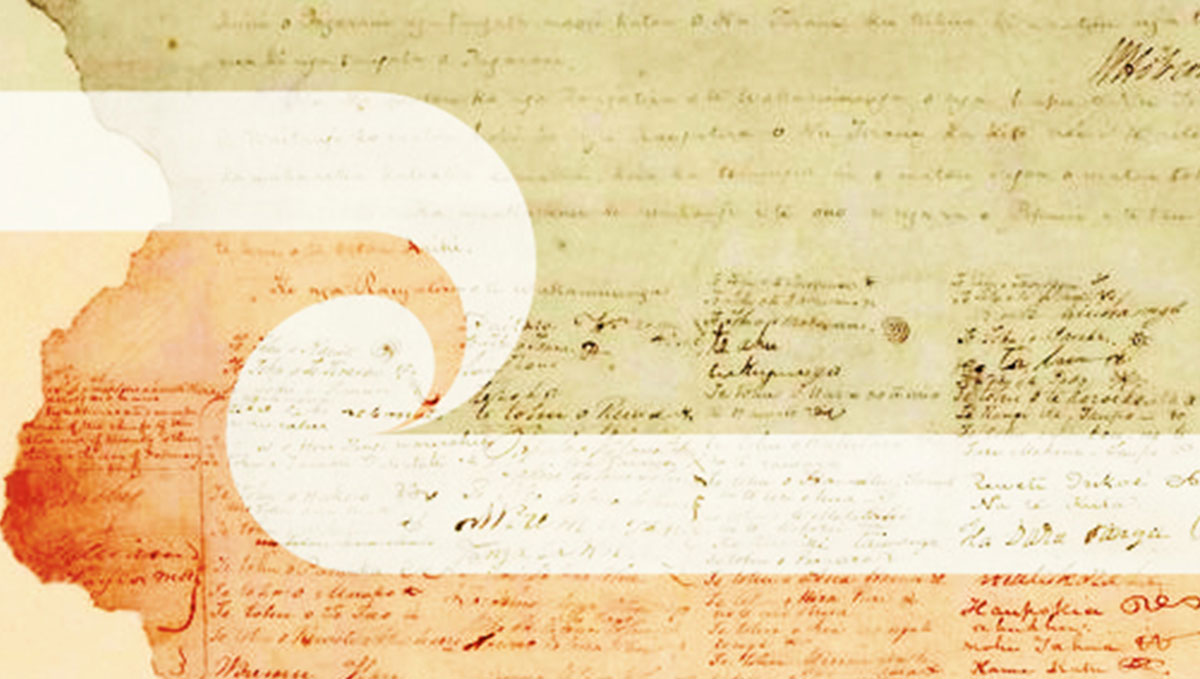Waitangi Day – What’s it all about?
Waitangi Day is soon upon us, and no, it’s not just an excuse for a public holiday and a short week. It’s a significant part of New Zealand’s history.
Waitangi Day commemorates the signing of the Treaty of Waitangi (Te Tiriti o Waitangi) (the Treaty) on the 6th of February 1840. We’re going to use this article to give you a bit more insight into the Treaty and brush up on our Te Reo (the native Māori language) along the way.
The Treaty is New Zealand’s founding agreement, made between the British Crown and 540 Māori Chiefs (also known as Rangatira). It gets its name from Waitangi – a place in the Bay of Island where it was first signed.
There were two translations of the Treaty – one was in English and the other was in Te Reo. There were some differences in these translations (and therefore the expectations of the two groups) that has been the subject of debate for decades. Because of these differences, it’s more common now to refer to the principles, intention and spirit of the Treaty than to get caught up on specific wording.
The principles of the treaty include:
- The acquisition of sovereignty in exchange for the protection of Māori Rangatiratanga (authority);
- Partnership and good faith;
- A duty on the Crown of active protection of Māori;
- A duty to consult with Maori generally.
While this isn’t an exhaustive list, essentially the Treaty was New Zealand’s founding document that was supposed to unify Māori and the Crown.
Many Treaty injustices have occurred over the years, including significant Māori land loss and a lack of respect within the legal system. One of the saddest but most famous quotes being from Justice Prendergast in 1877 calling the Treaty “a simple nullity”. Since then, social attitudes have changed and we’re finally starting to see some level of whakaute (respect) for the Treaty in law and in society generally.
Waitangi Day celebrations include marae (sacred meeting area) open days and ceremonies at Waitangi with local Iwi (tribes) and politicians. Unlike Independence Day or similar nationalistic celebrations, Waitangi Day are quite quiet with no mass parade or fireworks. Instead, it’s a day to reflect on our history as a nation and learn about how New Zealand can do better to honour its obligations to everyone involved under the Treaty of Waitangi.

